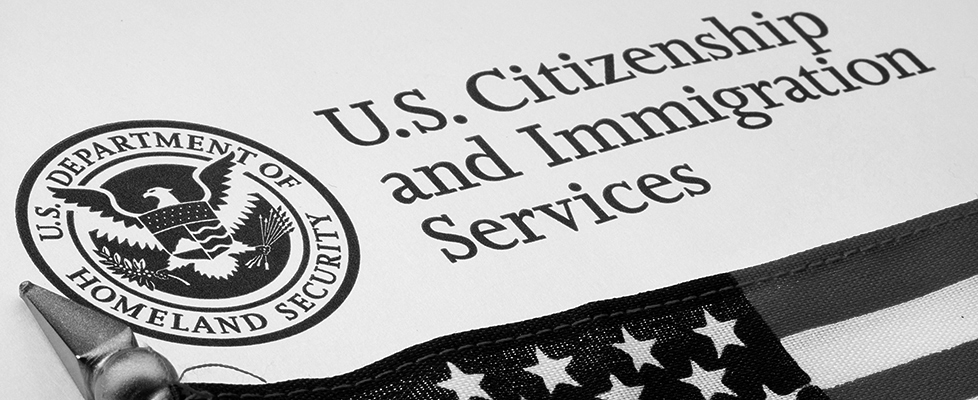Immigration Law

Immigration law refers to the domain of the law that controls the entry of foreign nationals into the United States. It also refers to government policies pertaining to refugees and deportation. The process of obtaining legal citizenship in the United States is also covered under immigration law. Recently enacted immigration laws include the Enhanced Border Security and Visa Entry Reform Act (2002), the Illegal Immigration Act (1996), the Immigration Act (1990) and the Immigration Reform and Control Act (1986), although the basis for most immigration laws comes from the Immigration and Nationality Act (1952).
Immigration is currently the subject of much debate in the United States. President Obama has signaled interest in immigration reforms that would serve to decrease the presence of illegal immigrants by enhancing border security, preventing visa overstays, and disabling non-nationals from working without a work permit, among other things. Indeed, border enforcement has been an area of focus for the Obama administration, with nearly 2 million deportations since Obama was inaugurated in 2008. However, immigration reforms will require a much more comprehensive approach that would target the main groups of illegal immigrants, for instance Mexicans, and assess their motives for crossing the border without the required paperwork. Migrant workers are, in many cases, an asset to the country. Making it easier for migrant workers to obtain work permits might be one way to address their presence in the United States without relying on deportation.




